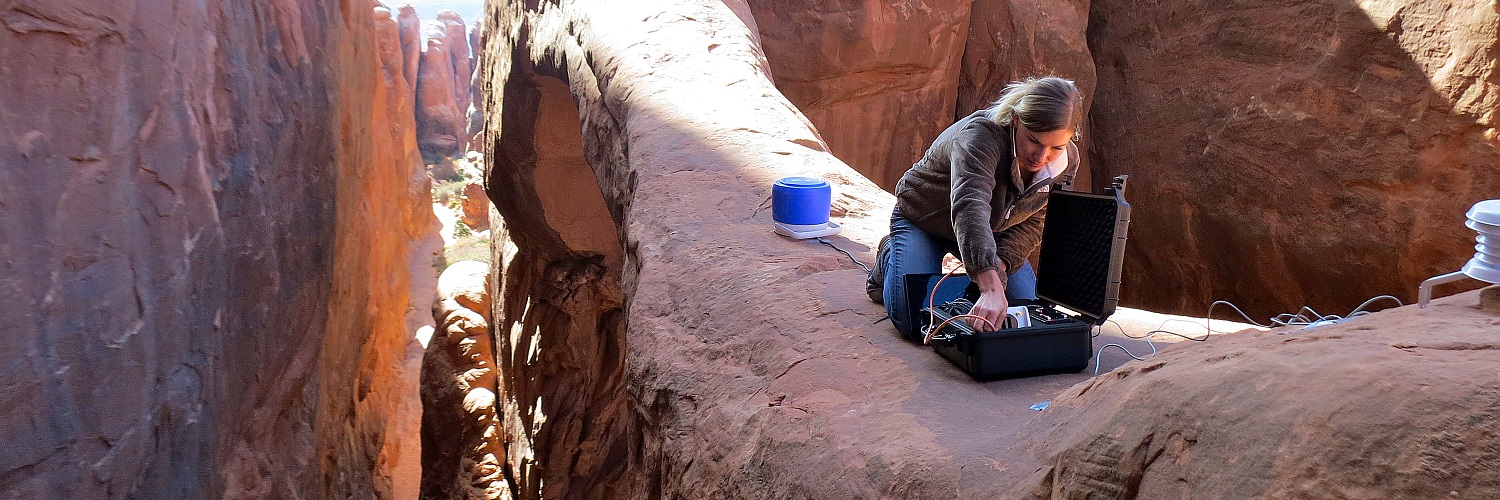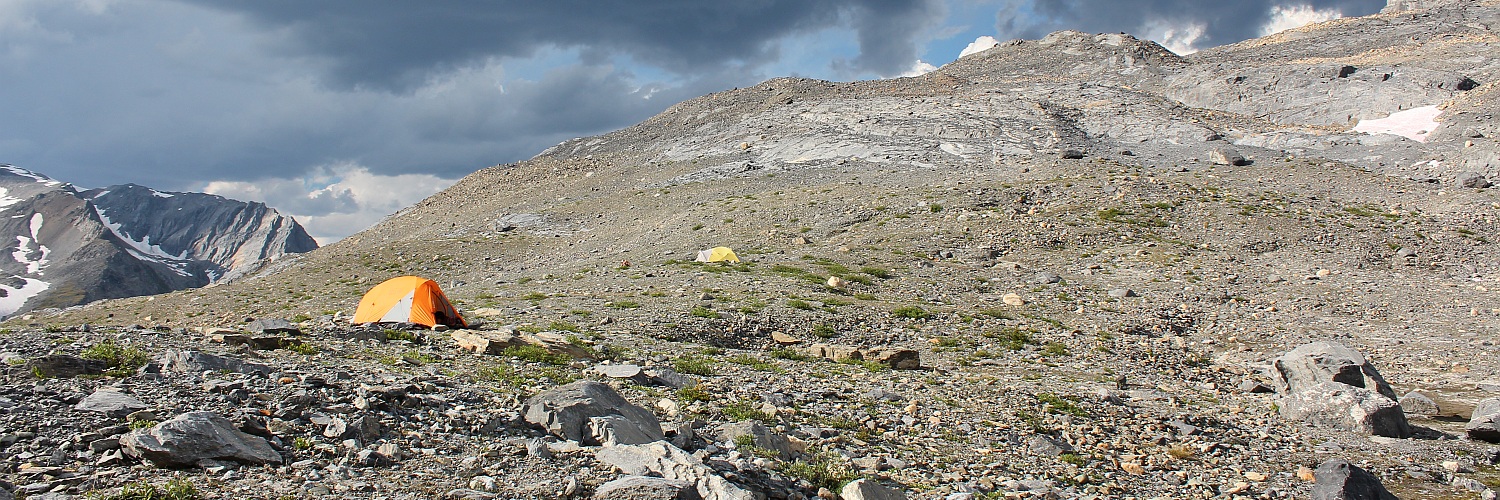Geological Engineering

B.S. in Geological Engineering
Geological engineers are trained to work across disciplinary boundaries between geology and engineering, linking science and society. The broad training geological engineers receive means graduates can pursue career paths in civil or mining engineering, geothermal and petroleum energy development, water resources and environmental remediation.
Geological Engineering Fast Facts:
- The median salary for geological engineers across the US in 2023 was $100,640 (US Dept. of Labor).
- The Geological Engineering program at the University of Utah is one of only 13 programs nationwide.
- Our degree is ABET accredited, so graduates are ready to become licensed, practicing engineers.
- The Geological Engineering degree program is over 70 years old.
- Faculty expertise spans geologic hazards, groundwater remediation, geotechnical engineering, and carbon sequestration.
- Scholarships are available to enrolled undergraduates.
- Graduates have the training to become licensed professional engineers (P.E.) and geologists (P.G.).
- Program highlights: small class sizes, field trips, multidisciplinary education, research and internship opportunities.
- 5th year and professional master degree options available.
Major Requirments Contact Advisor
Fields in need of Geological Engineers include:
Civil engineering- slope stability analysis
- seismic risk analysis
- assessment and mitigation of geologic hazards
- petroleum exploration & production
- minerals industry
- characterization of groundwater supplies
- contaminant transport investigation
- contaminated subsurface remediation
The Mission of the Geology & Geophysics staff is to provide the highest standards of support, service, management, accounting, and other office related functions, to our customers, who are students, faculty, other departments, and the University community, and to promote harmony, growth, and development of our department through friendliness, integrity, reliability, and professionalism.
The geological engineering program outcomes that were established based on the program educational objectives, and utilized for assessment since the 2019 academic year, are the following:
1) an ability to identify, formulate, and solve complex engineering problems by applying principles of engineering, science, and mathematics
2) an ability to apply engineering design to produce solutions that meet specified needs with consideration of public health, safety, and welfare, as well as global, cultural, social, environmental, and economic factors
3) an ability to communicate effectively with a range of audiences
4) an ability to recognize ethical and professional responsibilities in engineering situations and make informed judgments, which must consider the impact of engineering solutions in global, economic, environmental, and societal contexts
5) an ability to function effectively on a team whose members together provide leadership, create a collaborative and inclusive environment, establish goals, plan tasks, and meet objectives
6) an ability to develop and conduct appropriate experimentation, analyze and interpret data, and use engineering judgment to draw conclusions
7) an ability to acquire and apply new knowledge as needed, using appropriate learning strategies
The program educational objectives of the Geological Engineering program are the following:
1) Graduates will utilize their backgrounds in engineering and earth science to provide solutions to engineering problems within the context of the natural world. Areas of geological engineering practice include fluid flow and contaminant transport in the subsurface; geo-mechanics (i.e., the behavior of earth materials), geo-engineering (i.e., design with earth materials); and discovery, development, and utilization of energy resources.
2) As an engineer, the graduate will obtain professional engineer licensure and participate in professional societies and continuing education activities to improve their professional stature.
3) As an academic researcher and teacher, the graduate will expand the knowledge and application of applied earth science and engineering to the betterment of society and will convey this knowledge to his or her students at all levels of their study.
4) Graduates will maintain a professional environment that fosters honesty, integrity, and a strong engineering and work ethic.
The geological engineering program is accredited by the Engineering Accreditation Commission of ABET (www.abet.org).









